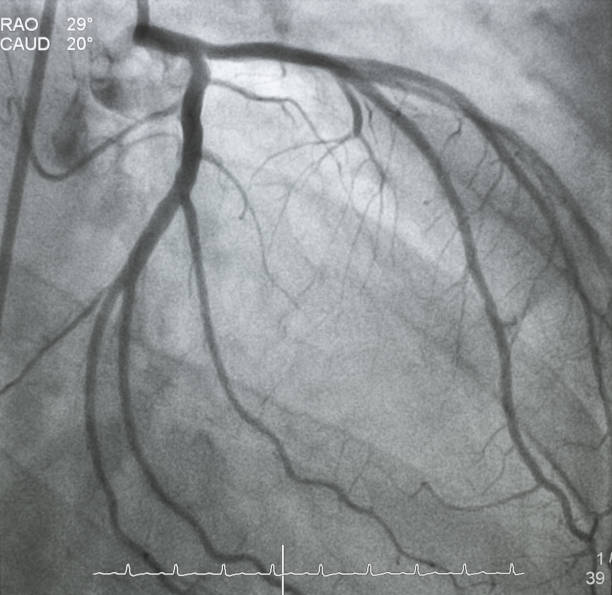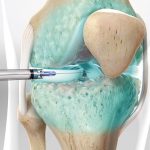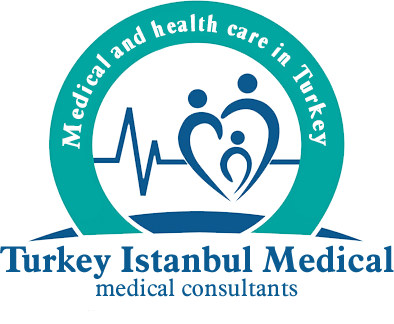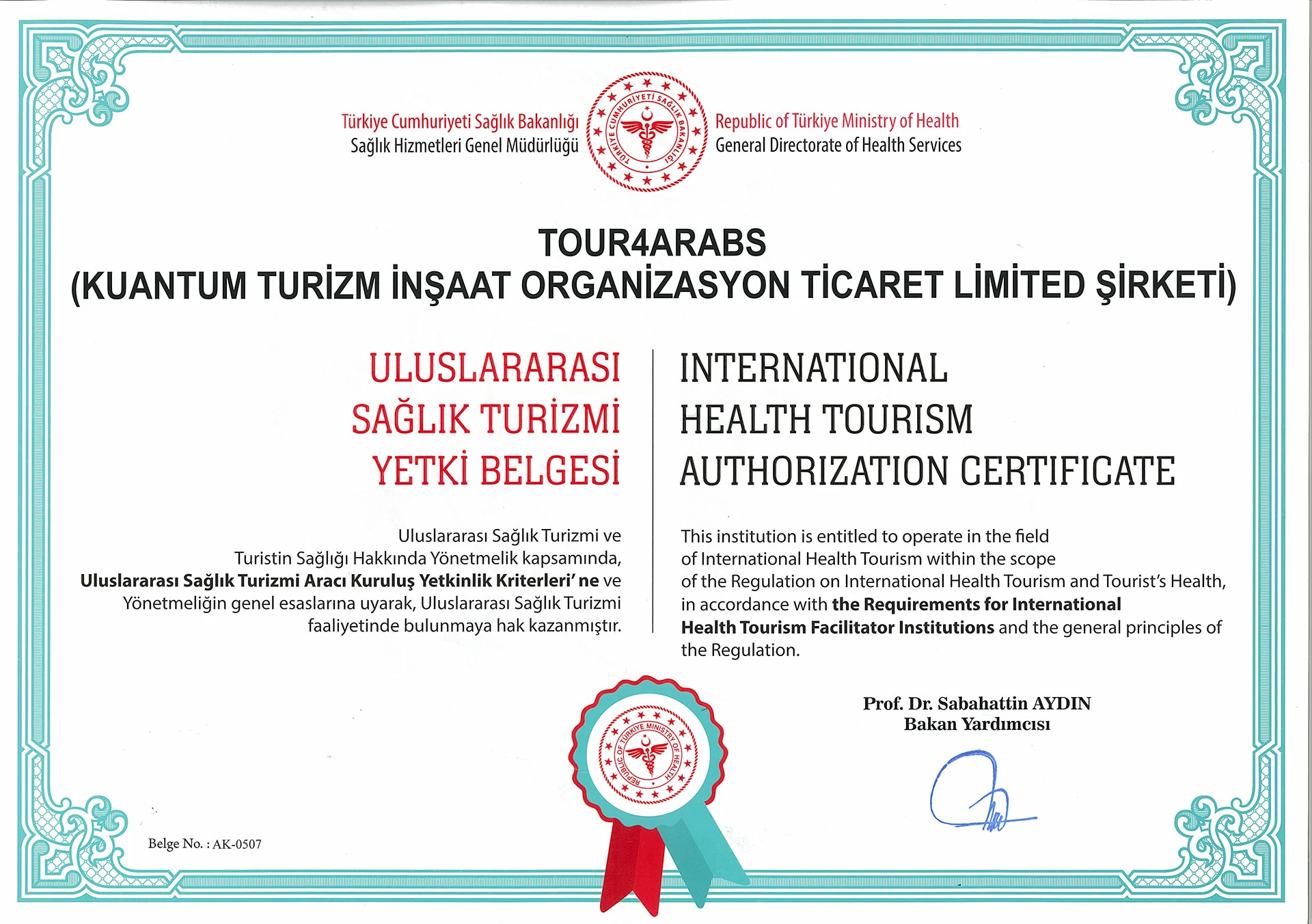What is Coronary Angiography?
Coronary angiography is a medical imaging method used to examine the heart vessels. In this procedure, x-rays of the coronary arteries are taken using a special dye (contrast material).
Coronary arteries are the main blood vessels that carry oxygen and nutrients to the heart itself. Coronary angiography is used to detect narrowing, obstruction or other abnormalities of these vessels.
This information plays an important role in the diagnosis and treatment of heart conditions such as coronary artery disease, heart attack or angina.
The coronary angiography procedure is usually performed through a small incision in an artery located in the patient’s groin or wrist. The coronary arteries are then accessed using a catheter (a long, thin tube). Contrast material is injected into the coronary arteries via the catheter. The circulation in these vessels is monitored with an X-ray device. In this way, narrowing, blockages or abnormalities in the coronary arteries can be clearly visualized.
Coronary angiography is usually performed by a specialist doctor in a hospital or cardiology center. Local anesthesia is applied to the patient during the procedure. Light sedation may be given if needed. The procedure usually takes about an hour. It is usually carried out safely. However, sometimes complications (bleeding, infection, tissue damage after angiography, etc.) may occur. Therefore, it should be carefully evaluated by specialist doctors.
Who Should Not Have Coronary Angiography?
Coronary angiography is usually performed on people with coronary artery disease or heart conditions. However, in some cases, coronary angiography may not be appropriate. Below are some situations in which coronary angiography is not recommended:
-
Serious Kidney Disease:
The use of contrast material may damage the kidneys. Therefore, coronary angiography may be risky in people with severely impaired renal function.
-
Allergic Reactions:
People with hypersensitivity to the contrast material may develop allergic reactions. Allergic reactions can be severe and life-threatening.
-
Pregnancy:
Performing coronary angiography during pregnancy is generally not recommended because of the potential harm of radiation to the fetus. However, in some cases, coronary angiography may be performed during pregnancy if the mother has a serious heart problem and other alternatives are inadequate.
-
Risk of Serious Bleeding:
Coronary angiography should be carefully considered in individuals at risk of serious bleeding due to certain diseases or bleeding disorders.
-
Advanced Age:
Coronary angiography may be risky in older people, especially if they have other health problems and weakened general health.
These situations provide an overview of whether coronary angiography is risky or inappropriate. However, each patient should be evaluated individually and a decision should be made in line with your doctor’s advice. Your doctor will recommend the most appropriate treatment option for you, taking into account your condition and risk factors.
https://www.youtube.com/watch?v=MaSZeDeWn_Q






